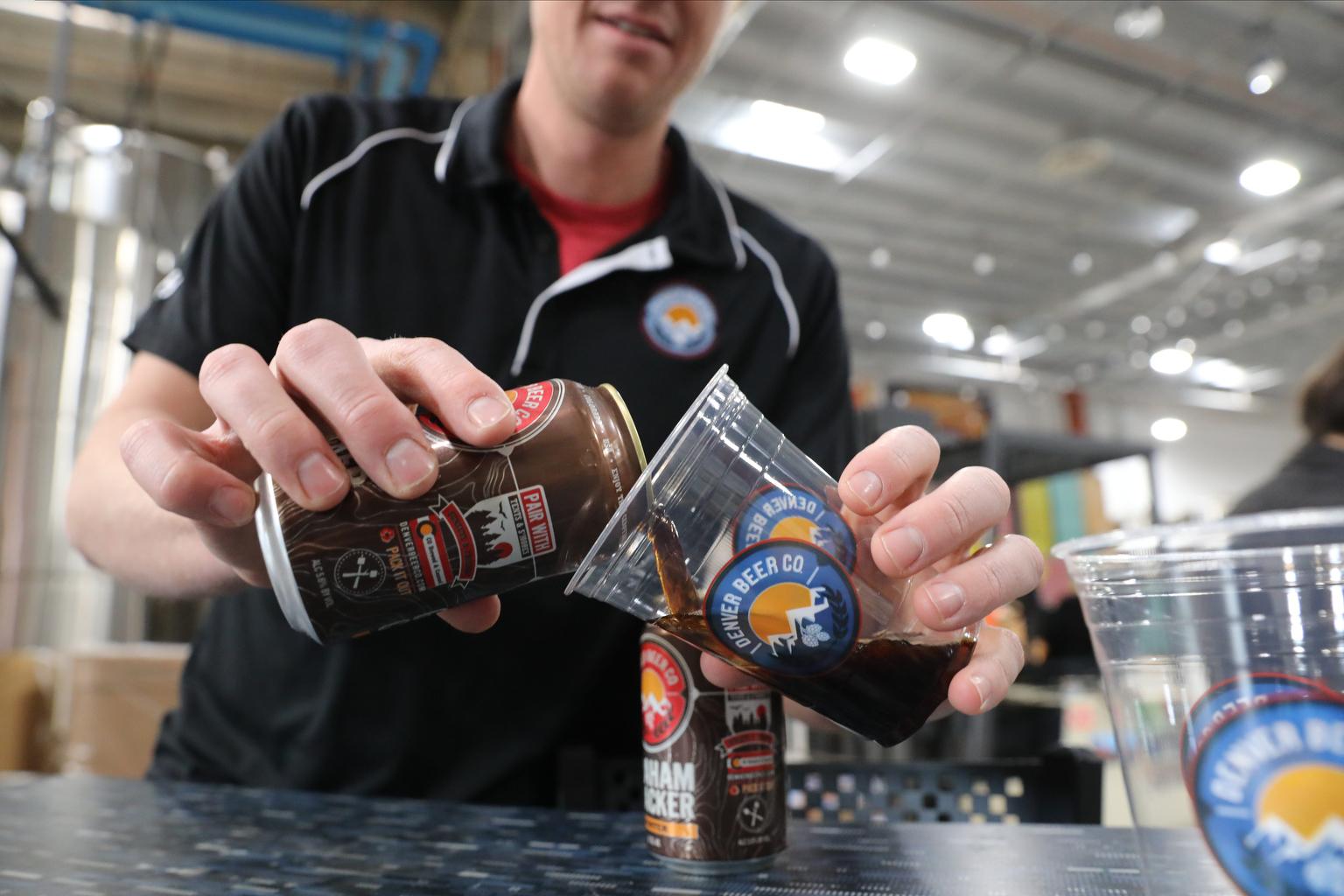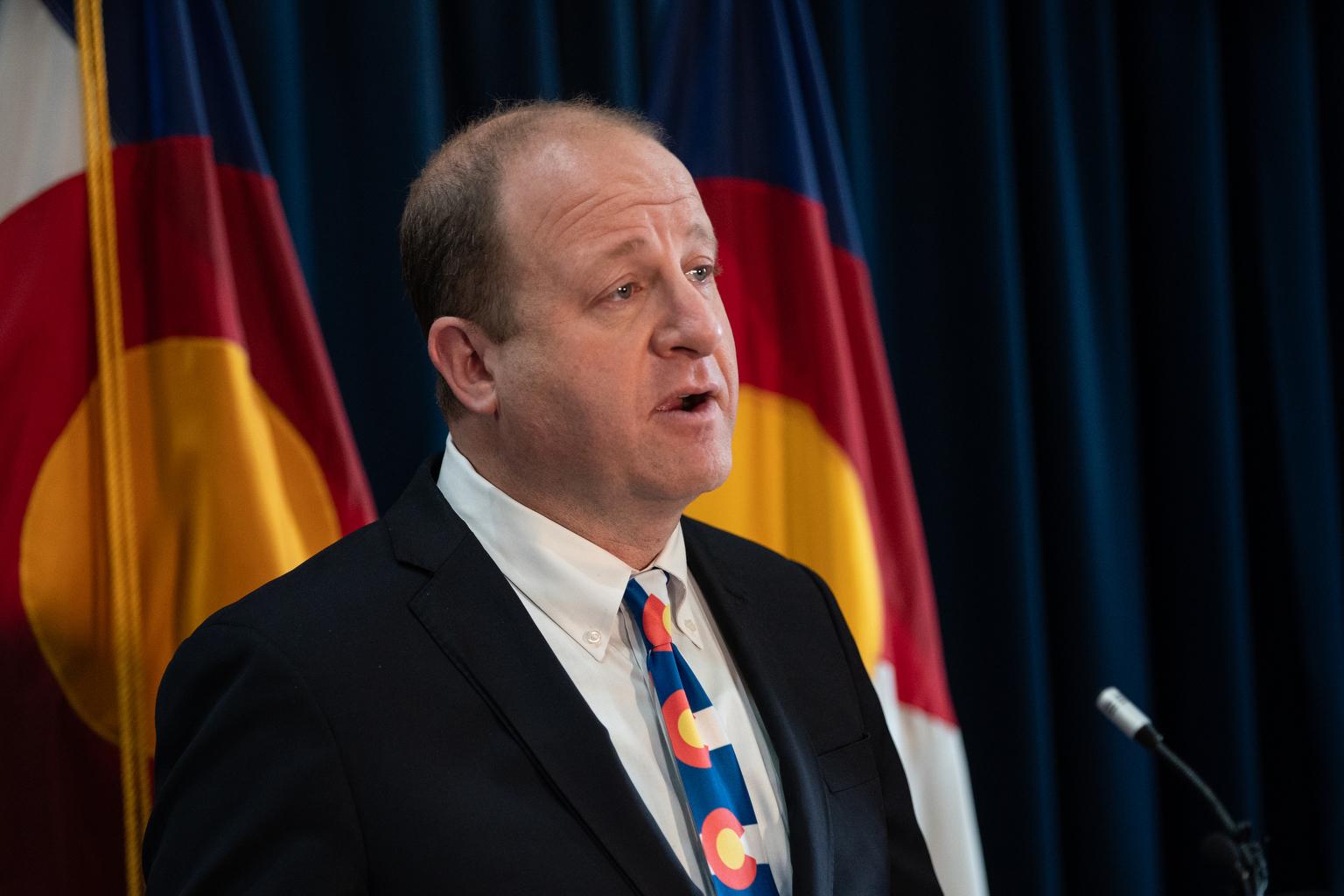
The idea was to capture carbon dioxide, which beer releases as it ferments, and sell it to a cannabis company that needs the greenhouse gas to grow its marijuana plants indoors.
It's a simple concept that has a lot of Colorado synergy to it.
The hope was the partnership could be both economically and environmentally viable. Now, the carbon exchange program has proven to be just that after a successful state pilot.
The state health department's small business assistance program, which helps businesses with environmental compliance, connected Denver Beer Co with The Clinic, a Denver cannabis dispensary. The brewery's captured CO2 was pumped into The Clinic's grow rooms throughout the plants' life cycle.
The four-month experiment went uninterrupted by COVID-19, since both businesses were deemed essential and continued operations. For Kaitlin Urso, an environmental consultant for the state and pilot lead, it was an important question even before the worries of the novel coronavirus— could Denver Beer make enough CO2 to carbonate their own beer, and supply the Clinic's needs too?
"The brewery was able to maintain their supply," Urso said. "It was just a really great success to see all around."
The Clinic reduced its CO2 costs by 15 percent, and their cannabis plants met their growth milestones and expected marijuana yields. By having a buyer for their CO2, Denver Beer Co offset the cost of the equipment that captures and liquefies the gas.
Earthly Labs, the company that created the capture technology, said Denver Beer Co recovered 93 trees worth of CO2. In a nod to the program, The Clinic's recycled-carbon-grown cannabis product line is called "93 Hoppy Trees."
Zach Engel, operations director for The Clinic, believes his company is the first cannabis cultivator in the country to use natural CO2 from a brewery to grow their product. In a statement, Engel said the Clinic will expand its partnership with Denver Beer Co to reduce their emissions.
While the state's role in this experiment has come to an end, Urso wants to help other businesses take on a similar project.
"Many different industries use CO2. From laboratories to restaurants, to medical applications to marijuana. Not only cultivation but a lot of concentrates are extracted using CO2 as the solvent," Urso said. "We'd like to see this type of partnership grow."









